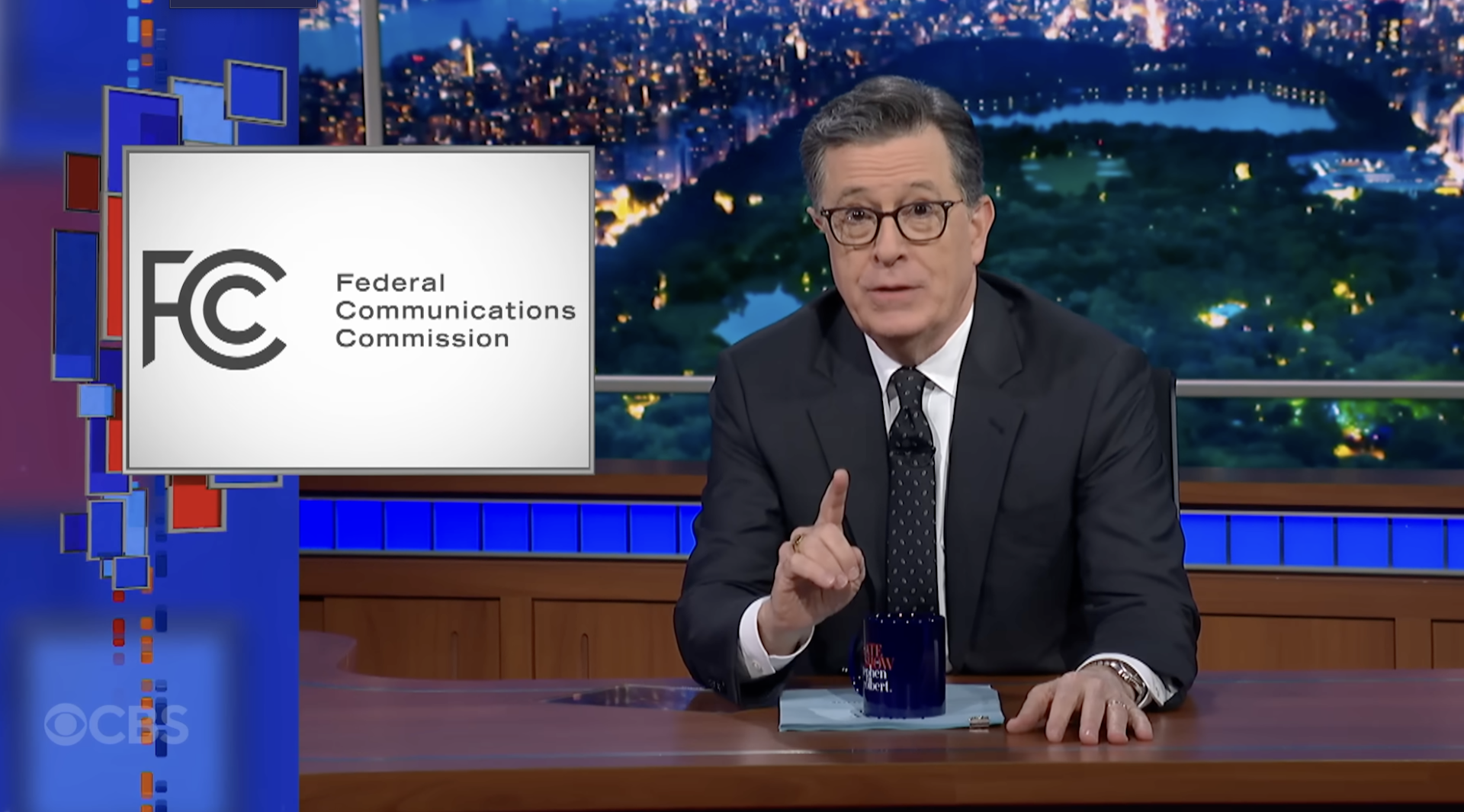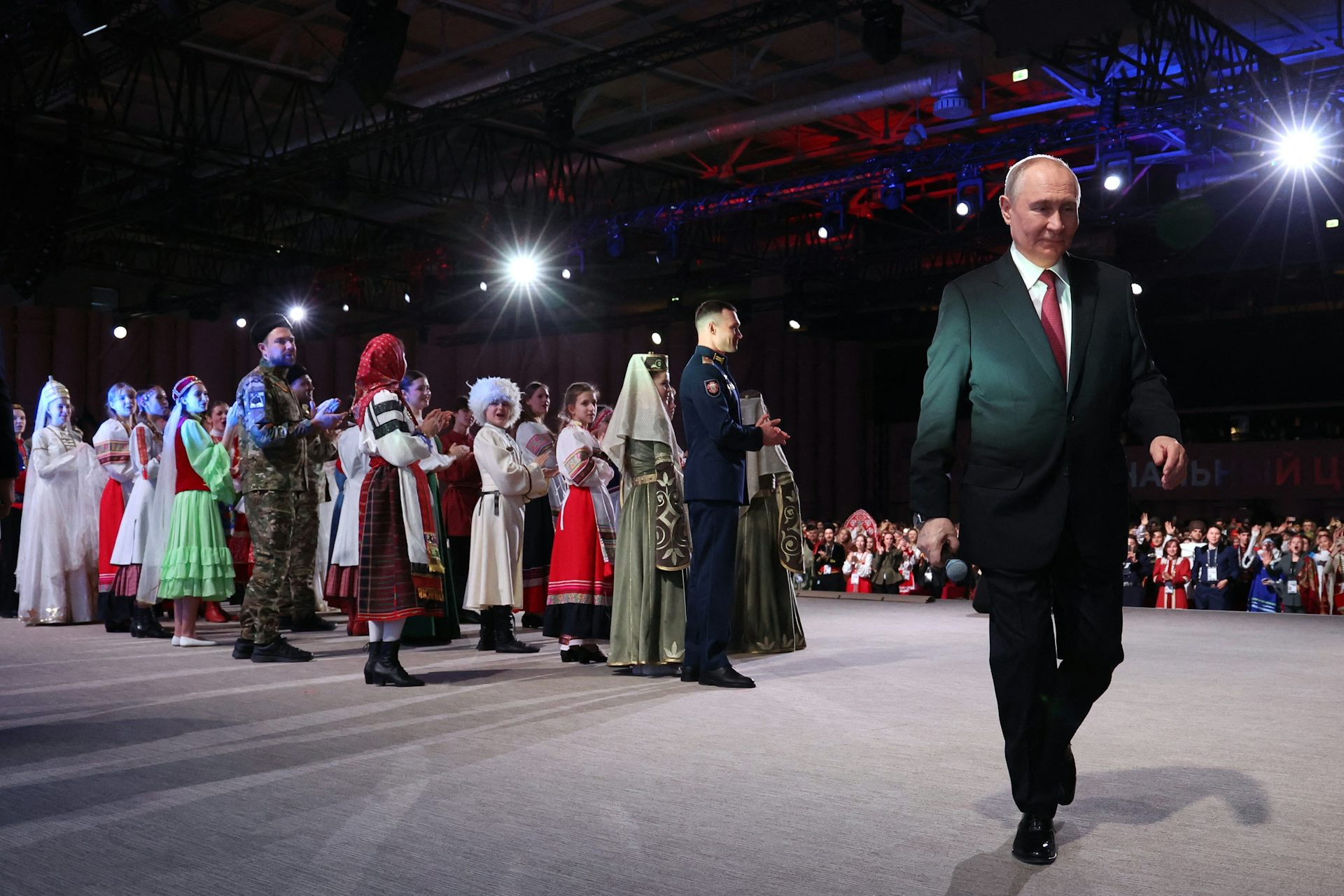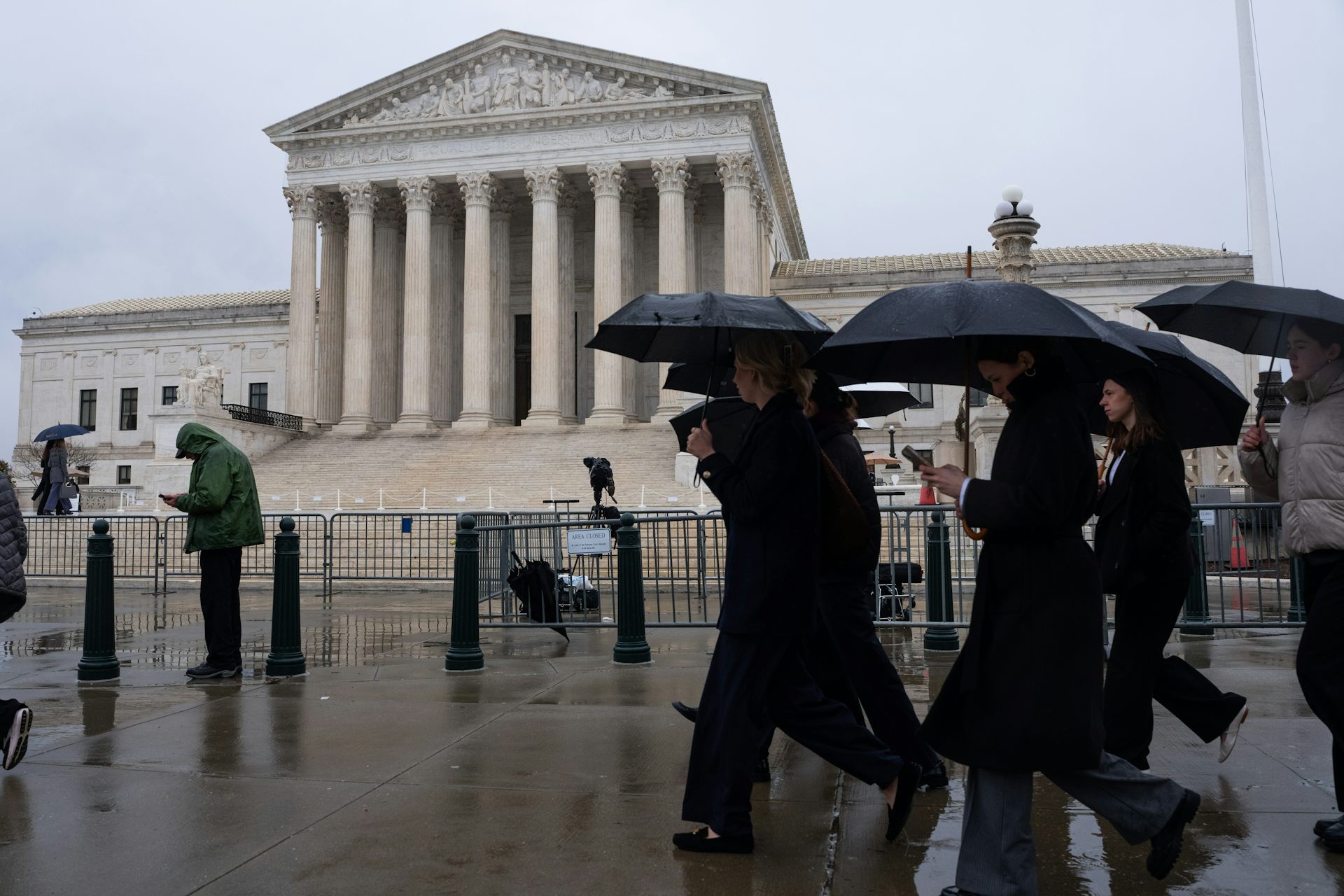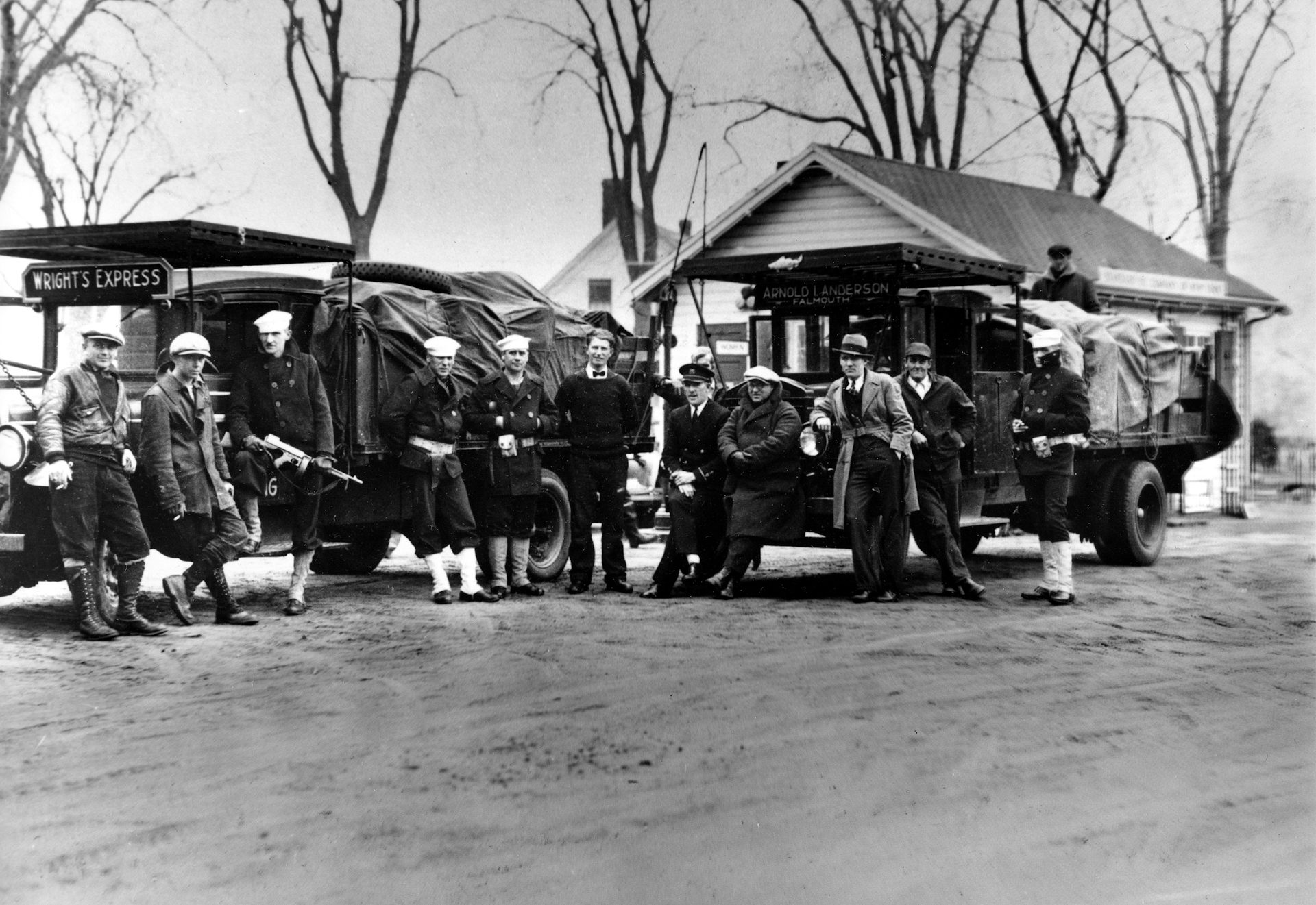Could religious exemptions trump a COVID-19 vaccine mandate? Well, that depends
A public health lawyer and ethicist explores the thorny issue of whether requiring people to be vaccinated against COVID-19 might be necessary. And if so, can people object citing their faith?
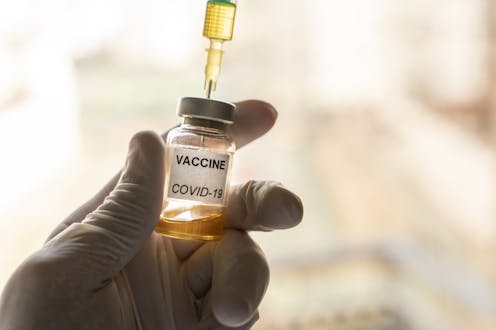
The longer COVID-19 rages on, the more the United States appears to be hanging its hopes on the development and rapid, mass distribution of a vaccine.
Getting a safe and effective vaccine out to the public could be a game changer, health experts believe. But stopping the virus’s spread will only happen if enough people choose – or are required – to get vaccinated.
But while some people may see it as their “patriotic duty” to get vaccinated, others won’t.
Opponents may challenge vaccination requirements based on claims of religious liberty or under specific laws that would allow for a religious exemption from any COVID-19 vaccine mandates. In some states including Indiana and Massachusetts, there are laws allowing parents to cite religious reasons to opt out of childhood immunization requirements.
As a public health lawyer and ethicist who has researched issues related to vaccination policy, I’m often asked about the role a vaccine mandate could play in our COVID-19 response. My answer is a common lawyer’s response: “It depends,” as this question raises numerous questions of its own.
‘Safe and effective’?
Whether or not a vaccine mandate is appropriate will depend upon how safe the vaccine is determined to be, what it protects against and how well it offers protection. The Food and Drug Administration Commissioner Stephen Hahn has been adamant that the agency “will not cut corners” in their vaccine review process, and that the decision “will be based on science and data.” Any suggestion otherwise would damage public trust.
But public hesitancy to vaccines was already one of the biggest global public health concerns even before the COVID-19 pandemic.
Added to this are the vaccine misinformation and conspiracies that have flourished during the epidemic.
These may explain why 35% of Americans say they will not get the vaccine. While troubling, it’s unclear how many in this camp will keep that opinion if COVID-related illnesses, injuries and disruptions to our lives continue, and a vaccine becomes readily available.
And we do not know enough about COVID-19 immunity yet to know what share of the population would need to be vaccinated for a community to achieve herd immunity and stop the virus’s spread. A mandate may not be necessary, although those refusing vaccination tend to cluster, leaving potential pockets of continued vulnerability.
‘If/then’ mandates
Anthony Fauci, director of the National Institute of Allergy and Infectious Diseases, has said he would be “pretty surprised” if vaccination became mandatory for any part of the population.
But other experts have raised the possibility of a vaccine being mandatory as part of a “if/then” proposition – in other words, someone can only do something if they are first vaccinated. For example, proof of vaccination could be required to engage in certain jobs, such as prison staff or line workers in meat processing plants. Some businesses, such as nursing homes and hospitals might require vaccination for those who work with certain high-risk populations.
It also could be required to gain access to certain spaces, such as schools or sporting events, or to qualify for certain benefits, like freedom to travel to other states without having to quarantine. These types of rules already exist, for example, in many universities, which require students living in dorms be vaccinated against meningitis.
Another approach would be to mandate the vaccine for certain populations based upon risk characteristics, such as those who live in nursing homes.
Under these scenarios, would religious or personal exemptions override any mandate? That depends on who issues the mandate.
Recent guidance from the U.S. Equal Employment Opportunity Commission suggests that a request to be exempted from an employer’s flu vaccination mandate based on “sincerely held religious belief, practice, or observances” would be protected under Title VII of the 1964 Civil Rights Act. The guidance doesn’t explicitly state that the same rule would apply for COVID-19 – because there is no COVID-19 vaccine at this time – but it seems clear that the commission would prefer that “employers consider simply encouraging employees” to get vaccinated.
That said, there is a provision under the law that would allow businesses not to honor this exemption if it created “undue hardship.” In care facilities, where employees interact regularly with vulnerable populations, employers likely will be able to make “undue hardship” arguments and prevent exemptions. But people working in a typical office environment, or in a service industry position, would probably be able to make a religion-based claim to opt out.
It gets a little more complicated when it comes to any state-issued vaccine mandate. A number of states have created laws protecting religious rights beyond the First Amendment. Florida and Texas, for example, allow parents to opt their children out of school vaccinations citing deeply held religious beliefs or philosophical opposition.
Twenty-one states have religious freedom laws prohibiting even minimal interference with residents’ right to practice their faith. In states with these laws, legislatures may need to amend the statute to avoid challenges and allow for universal vaccination mandates for adults.
These exemptions for religious beliefs are political choices. There are no Constitutional or ethical obligations to require an opt out to a vaccine that may be key to stopping a pandemic, should a state wish to prioritize protecting their residents from COVID-19 through mandating vaccination.
Even during this pandemic, most courts, including the Supreme Court, have been hesitant to interfere with the decisions made by state officials taking steps to keep the community safe from a dangerous outbreak. As Chief Justice Roberts recently described, these are emergency circumstances “fraught with medical and scientific uncertainties,” and moment-to-moment management of such situations are best left to the elected officials who are directly accountable to the public.
[Research into coronavirus and other news from science Subscribe to The Conversation’s new science newsletter.]
‘No liberty to expose community’
A requirement that someone be vaccinated imposes a greater burden on personal liberty than, say, having to attend church virtually as opposed to in person. However, as the Supreme Court stated in 1941, “The right to practice religion freely does not include liberty to expose the community … to communicable disease.” Justice Antonin Scalia, speaking for the court nearly 50 years later, came to a similar conclusion that laws advancing civic obligations such as compulsory vaccination may override claims of religious freedom.
In any case, as Dr Fauci alludes to: Talk of a mandate may be moot. Almost two-thirds of the American public have said they would get the vaccine if it were available today. Should a safe, effective vaccine be developed, there will likely be tremendous demand to get the shot.
But should states or businesses feel it is necessary to require vaccination to bring about the end of the pandemic, I believe it is likely that courts will support them in these protective efforts.
Ross D. Silverman does not work for, consult, own shares in or receive funding from any company or organization that would benefit from this article, and has disclosed no relevant affiliations beyond their academic appointment.
Read These Next
Why Stephen Colbert is right about the ‘equal time’ rule, despite warnings from the FCC
The ‘equal time’ rule has been around for a century and aims to promote broadcasters’ editorial…
As war in Ukraine enters a 5th year, will the ‘Putin consensus’ among Russians hold?
Polling in Russia suggests strong support for President Vladimir Putin. Yet below the surface, popular…
Supreme Court rules against Trump’s emergency tariffs – but leaves key questions unanswered
The ruling strikes down most of the Trump administration’s current tariffs, with more limited options…


